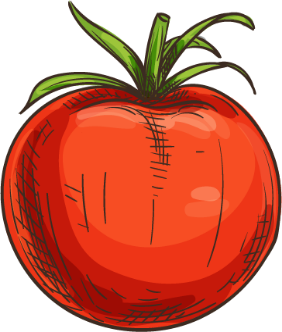
Effects of Offering Look-Alike Products as Smart Snacks in Schools
December 1, 2016
This study, published in Childhood Obesity and conducted by The Rudd Center for Food Policy and Obesity, addresses the effect that selling “copy-cat snacks” in schools has on children. These look-alike products are highly processed foods which bear all the same logos and brand names as their supermarket or restaurant counterparts, but they have been nutritionally tweaked to comply with the USDA’s “Smart Snacks” nutrition standards.

Effects of Offering Look-Alike Products as Smart Snacks in Schools
December 1, 2016
This study, published in Childhood Obesity and conducted by The Rudd Center for Food Policy and Obesity, addresses the effect that selling “copy-cat snacks” in schools has on children. These look-alike products are highly processed foods which bear all the same logos and brand names as their supermarket or restaurant counterparts, but they have been nutritionally tweaked to comply with the USDA’s “Smart Snacks” nutrition standards.
The study involved an online experiment with 659 students aged 13 to 17 and 859 parents of children aged 10 to 13 and found this copy-cat practice to be misleading to consumers. “Kids think the healthier Smart Snacks they can buy in school are the same products that are sold in stores,” says Jennifer Harris, lead author of the study and director of marketing initiatives for the UConn Rudd Center. “It’s confusing because the packaging for these look-alike Smart Snacks looks so much like the less nutritious versions that kids see advertised on TV and in the stores.






